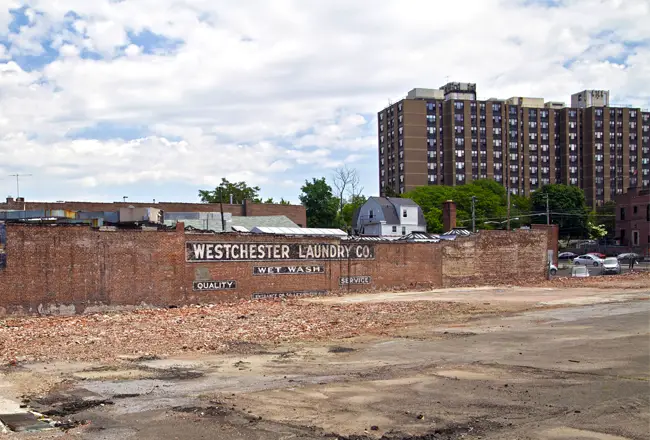Both the New York State Restaurant Association and the Connecticut Restaurant Association have signed on to an effort by the National Restaurant Association seeking more federal funding for the Restaurant Revitalization Fund.
 On March 11, the American Rescue Plan Act of 2021 created the fund with a cap of $28.6 billion. Its purpose is to provide grants to restaurants that had financial losses due to the pandemic.
On March 11, the American Rescue Plan Act of 2021 created the fund with a cap of $28.6 billion. Its purpose is to provide grants to restaurants that had financial losses due to the pandemic.
The Small Business Administration is administering the grant program. According to the NRA, there have been 177,000 applications for RRF grants totaling $43.6 billion, approximately 64% more than has been allocated for the program by Congress.
The National Restaurant Association warns that the industry”™s financial security is in danger of being wiped out by the Delta variant of the virus and has called on congressional leaders to provide more funding to keep restaurants from going under.
It has told House Speaker Nancy Pelosi, House Minority Leader Kevin McCarthy, Senate Majority Leader Chuck Schumer and Senate Minority Leader Mitch McConnell that with just one-third of the restaurants having applied for funds, “the rise of coronavirus variants like Delta threatens to push these restaurants closer to permanent closure.”
The association added, “The small gains that our industry has made toward financial security are in danger of being wiped out, dashing the hopes of communities, entrepreneurs and consumers nationwide.”
A total of 48 regional associations joined the national group in making the funding request. They cited a survey completed on Aug. 15 of 1,000 U.S. adults age 18 and up. It showed that the growing impact of the Delta variant of the Covid-19 virus has affected the dining-out habits of a majority of Americans.
According to the national group, “This faltering consumer confidence comes on top of food and labor costs that are increasing at their fastest pace in several years, continued indoor capacity limits in 11 states, and crushing long-term debt loads for countless restaurant owners.
The survey found that 19% of those surveyed have completely stopped going out to restaurants, 9% canceled plans to go out to a restaurant in the recent weeks before the survey was taken, 37% ordered takeout or delivery instead of going out and 19% said that they went to a restaurant but elected to sit outside rather than going inside.
The survey found that 32% would be less likely to go out to a restaurant if wearing a mask was required, while 25% said a mask requirement would make it more likely they”™d go out and 43% said it would not impact whether they went out to eat or didn”™t.
The survey also found that 33% said they”™d be more likely to go out to a restaurant if there were a requirement to show proof of vaccination against Covid while 32% said they would be less likely to go to a restaurant if there was a vaccination requirement. Such a requirement would have no impact on the dining decisions made by 35% of those who were surveyed.
Sean Kennedy, an executive vice president at the national association, commented on the changes in restaurant habits the survey reported by saying, “For an industry that requires a ”˜full house”™ every evening to make a profit, this is a dangerous trend. These changes indicate declining consumer confidence that will make it more difficult for most restaurant owners to maintain their delicate financial stability.”


















